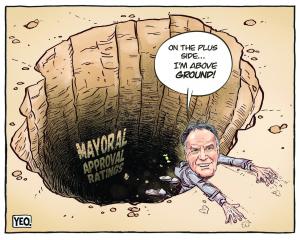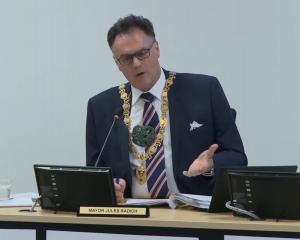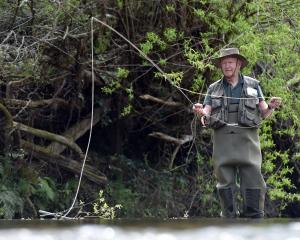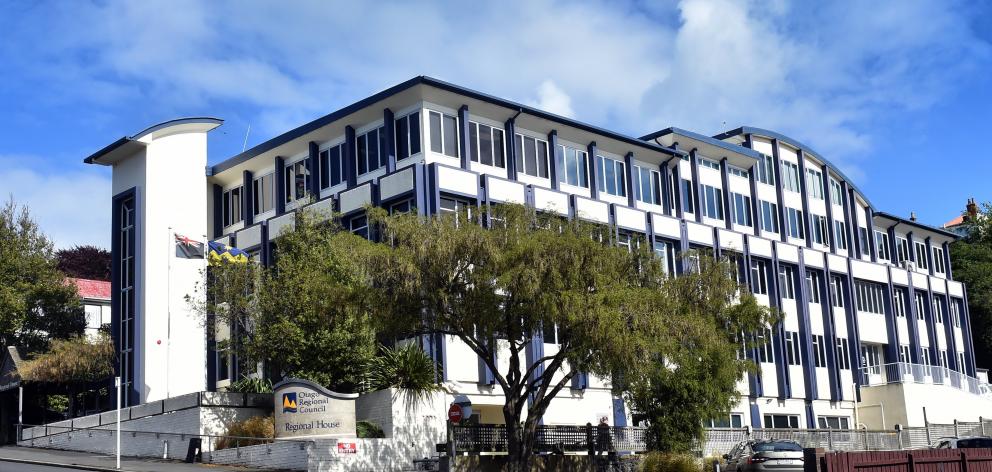

How about we disestablish the Otago Regional Council?
The last government wanted to have us do its bidding while blaming us for how we did it. It would be simpler, cheaper, more honest and more democratic to cut out the repetitive planning and pretend decision-making created by the regional council system and leave only real decisions to be made locally.
The ORC is essentially a regulatory body which exists for the purposes of administering government policy and the rules government creates.
The ORC spends $110 million per year. Looking at what it does and whether we would or could do these activities more effectively may be helpful.
There are four basic types of ORC activities. These involve administrative functions, work done for subsections of the community under targeted rates, work the government wants to and should control directly and work the ORC charges us for which may well not be missed if it never happened.
The purely administrative work could be done effectively by agencies which have as a focus testing and monitoring activities. The administration of consents and monitoring air and water quality is or should be funded significantly through those who carry out the activities which are to be monitored.
Over half the rates collected are targeted rates.
The ORC arose partly from rabbit boards and catchment boards. Now no animals are harmed by the actions of a regional council. Action to deal with rabbits and other pests which can involve targeted rates could be done by local user groups, as could the flood control and drainage work which involves targeted rates.
Public transport is also funded by targeted rates. This area could be handed over to the Dunedin City Council and Queenstown Lakes District Council. They each created the road changes etc used by buses and in the case of Queenstown, ferries, already.
This would keep those discussions more local as well.
The third type of activity carried out by the ORC is work that central government should just put its big girl pants on and take responsibility for itself. For example, climate change avoidance and/or mitigation is replicated around New Zealand with layers and layers of people reinventing the wheel and having talkfests with each other.
Another government responsibility is emergency management. Just as rabbits and wallabies can’t read the signs saying which region they are in and the rules for living there, neither do emergencies stick to regional boundaries. Government is expected to manage emergency responses, and it should fund and control them.
In the case of the fourth category, if no-one remembers what the work is we could start by not doing it at all.
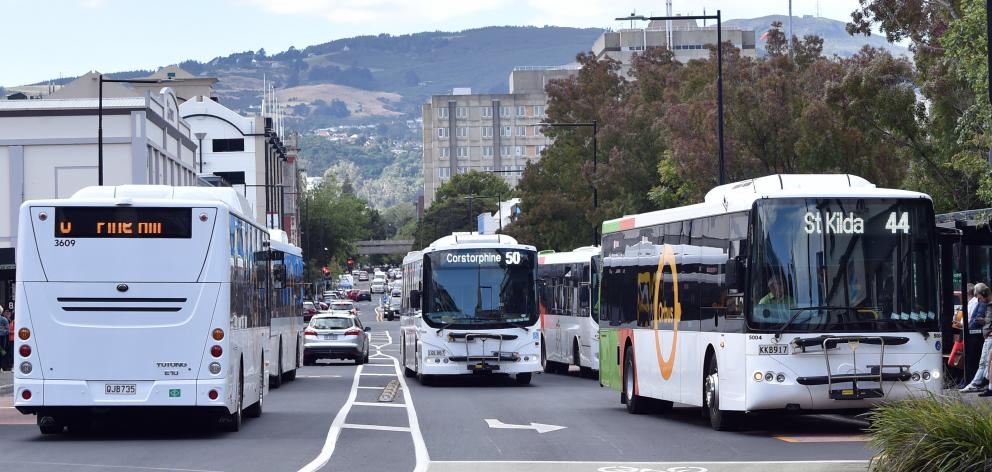
Somewhat concerningly the ORC does not hold information about the amount of rates it spends in each activity. However, it seems that over $20m per year is spent on planning.
What we ask of planning at the ORC is a soul-destroying task. Plans are formed, based on higher-level plans. Councillors critique them. They go out for consultation. The community is extremely displeased. Nothing changes. Councillors are told the issues can be sorted out by the Environment Court. The community is even more displeased. The court rubbishes them. Councillors, a new intake by now, complain that the staff should have done a better job. And then the source documents from the government change before the ORC has finished the original plans.
We wouldn’t want our own relatives to go through this process to earn a living.
Those who actually want to be planners would have a much better life if some of these layers were removed. The endless frustration the community has about pretend consultation where either there is a government decree or the staff with input from iwi have already determined an outcome would also be avoided.
Rearranging the way we deliver what is done by the ORC could be a game changer for reductions in the costs to ratepayers while increasing the focus on services which are needed and should be done well.
We could have an organisation doing regulatory work which knew what it was there for. Government could make the rules and be politically responsible for it, saving many millions of dollars of money spent on frustrating circular and pointless plans.
The remaining functions which actually could involve local input and consultation with local control could then be given to an organisation with 1/10 the budget and a councillor representative from each of the territorial authorities with environmental commissioner experience. That organisation could be funded through dividends from Port Otago.
This approach would reinvigorate the original use of the word sustainable in a regional council setting.
- Hilary Calvert is a former Otago regional councillor, MP and Dunedin city councillor.






